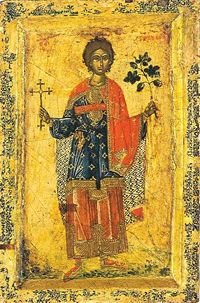The early bird catches the worm
Success comes to those who prepare well and put in effort.
In Serbian, there is a very similar proverb, but it is much more general, and there is neither a bird, nor a worm mentioned. It sounds very general, something like ‘Those who get up early, catch 2 happy events ” (literal translation, don’t laugh)
Your Serbian lesson KO RANO RANI DVE SREĆE GRABI: vocabulary
KO means WHO
RANO means EARLY
RANI means GETS UP EARLY
DVE means TWO
SREĆE means HAPINESS (in Serbian used as plural here)
GRABI means GRABS
Your Serbian lesson KO RANO RANI DVE SREĆE GRABI: grammar
Ko je to? means Who is it?
Ko si ti? means Who are you?
Ko sam ja? means Who am I?
Sooooooooooooo, how do you say in Serbian the following:
I am ?
You are?
It is?
You are right - it isn’t difficult at all!!!
JA SAM means I am
TI SI means You are
ON JE means He is
ONA JE means She is
ONO JE means It is
Now, how about Plural ? Let’s try it again:
1. Ko smo mi?
2. Ko ste vi? Ko ste Vi?
3. Ko su oni? Ko su one? Ko su ona?
If you have any idea for the verb To Be Plural form, send them as comments.

.png)













